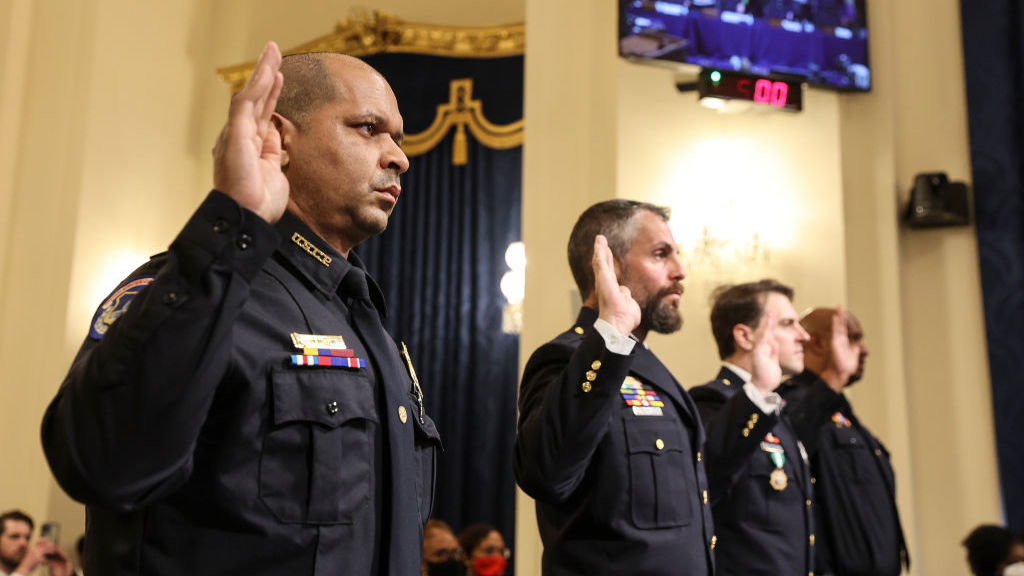After terror gripped the nation as Trump supporters descended upon the Capitol Building, hoping to disrupt the certification of Joe Biden’s election, criminal courts began the task of bringing rioters to trial.
What’s Going On?
The Capitol riot trials have ironically been dragged out by an overabundance of evidence.
Phone evidence from the rioters has helped encapsulate the totality of what happened that day but has also complicated matters immensely.
Washington Federal courts are tasked with trying over 600 accused of various crimes ranging from disorderly conduct to assault and conspiracy.
As of Oct. 8, 92 of the accused have pleaded guilty, which has slightly lessened the burden on courts. However, things have not been easy.
One rioter charged with disorderly conduct and illegally being in a federal building has had three prosecutors assigned to her case and her defense attorney failed to receive evidence for months.
This is one of many examples of the overburdening of the Washington court system, which has seen twice as many cases from Jan. 6 than it had total cases in the previous years.
As Washington struggles to find enough attorneys to process cases many accused find themselves in limbo waiting for a trial. Evidence is mounting so steadily that 55 of 56 FBI field offices have opened probes to process the sheer bulk of it all.
The Investigative Team
The House committee investigating the riots is composed of nine members: seven Democrats and two Republicans. The committee is chaired by Mississippi Democratic Rep Bennie Thompson, who helped author bipartisan legislation to create a committee to investigate alongside New York Republican John Katko, which passed in the House but was defeated in the Senate by Republicans.
The other Democrats are Zoe Lofgren, Adam Schiff, and Pete Aguilar from California, Jamie Raskin of Maryland, Stephanie Murray of Florida, and Elaine Laura of Virginia.
The two Republicans serving are Liz Cheney of Wyoming and Adam Kinzinger of Illinois. Both are outspoken critics of Trump, and Cheney was removed from her position as No. 3 Republican in the house by Minority Leader Kevin McCarthy over her criticism of the former president. McCarthy attempted and failed to nominate Ohio Republican Jim Jordan and Indiana Republican Jim Banks over remarks they made in support of the riots, leading to McCarthy calling for a separate Republican commission to investigate.
This just further complicated matters and dragged the process out further for those awaiting trial.
Bureaucratic Hurdles
A crucial aspect of the investigation has been obtaining access to critical White House documents from that day, as well as testimony from Trump staffers.
Biden stated on Oct. 9 that he would not use executive privilege to withhold documents necessary to the investigation.
Trump has ordered former aides not to comply with subpoenas, which has complicated efforts to gather evidence.
One former aide, Dan Scavino, was not able to be physically located until this month when he was served a subpoena. Scavino was one of four subpoenaed by the commission, in addition to Kash Patel, Mark Meadows, and Steve Bannon.
Bannon has come out saying he will refuse to collaborate, arguing that Trump has the executive privilege to withhold information as former president, a legal question that has divided scholars. However, if Trump lacks executive privilege, all individuals refusing to testify will be held in criminal contempt, providing an incentive to testify.
A full understanding of what happened on Jan. 6, 2021, may not be realized for years to come.
Due to the mountain of evidence provided by social media from the perspective of the rioters and witnesses, it is likely that these trials will not be resolved speedily, leading to questions of a possible sixth amendment violation for those accused, which may only further complicate matters.
What will come of the Capitol riot trials is uncertain, but it will certainly be unprecedented.

